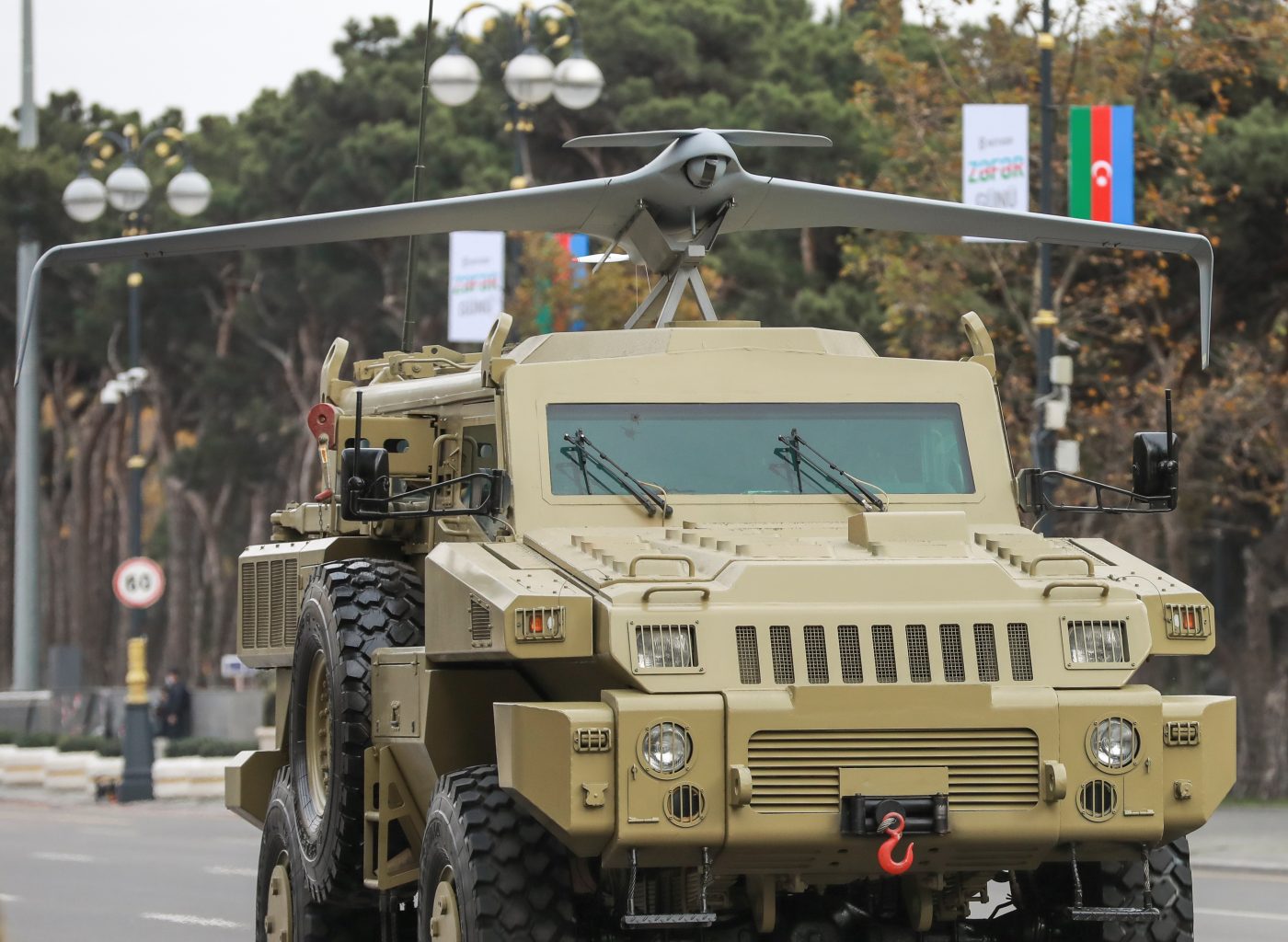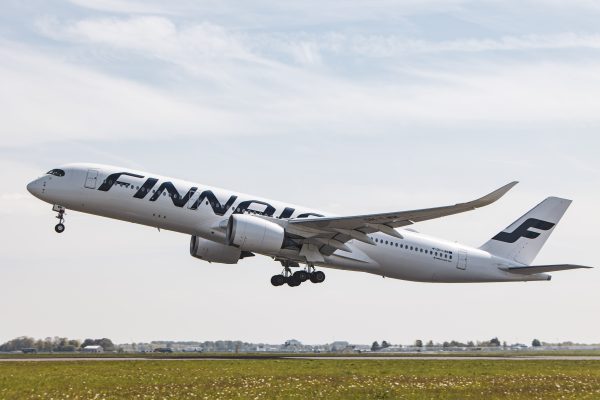Hamas’s brutal October 7 attack on Israel and subsequent military operations by the Israeli armed forces in the Gaza Strip have put Azerbaijan in an extremely uncomfortable position. It is a close partner to Israel but also seeks ties to influential Muslim states across the Middle East as a priority. It has had to tread carefully.
Indeed, its criticism of the violence in Gaza has been diplomatically calibrated. Baku’s relations with Tel Aviv are all too important to squander. After all, it was the Israeli high-tech weaponry such as drones that spearheaded attacks by Azerbaijani forces in the Second Nagorno-Karabakh War of 2020.
Surging air shipments just before September’s final military operation against Armenian forces in Nagorno-Karabakh suggest Israeli weaponry helped to play a decisive role in the Azeri military success and ultimately the region’s conquest.
Azerbaijan’s position is also complicated by the fact that its most important ally, Turkey, is an active supporter of the Palestinian cause, and has been especially critical of Israel, even threatening to downgrade bilateral diplomatic relations.
As a sign of this balancing game, Azerbaijan did not participate in the Muslim conference hosted by Saudi Arabia last month, where Israel was denounced. Pragmatism prevails, as was evidenced by Azerbaijan’s recent agreement to expand its energy ties with Israel.
In November, Israel issued 12 new licenses for natural gas exploration in the Mediterranean Sea to six companies. Among these is Azerbaijan’s state oil company Socar, which will explore north of the Leviathan gas field.
And despite strained relations between Israel and Turkey, and the pressure on Israel from across the Middle East, the oil trade with Azerbaijan has continued. The Malta-registered oil tanker Seaviolet recently carried 1m barrels of Azeri crude oil from Turkey’s Ceyhan port on the Mediterranean to the Israeli port of Eilat. The truth is that Israeli tanks and combat aircraft run in part on Azeri fuel — more than half its crude is sourced from Azerbaijan and Kazakhstan.
Azerbaijan’s southern neighbor, Iran, is still more viscerally anti-Israeli than Turkey.
Iran, like its Russian ally, supports the idea of regionalism whereby non-regional states (read the US, European Union, and Israel) are excluded from the South Caucasus and the Caspian Sea. It has been profoundly concerned by Azeri security ties to Israel, and related suspicions that the Jewish state may have used its facilities to launch covert operations against Iran.
Russia has been largely silent about Israel’s role in the South Caucasus, but the scheduled December 7 Moscow summit between the Russian and Iranian presidents may change this.
Presidents Ebrahim Raisi and Vladimir Putin are likely to talk about the Gaza war and more generally how to pressure Israel into abandoning its military operation. Other issues could be progress regarding the expanding International North-South Transport Corridor (INSTC) which runs via Azerbaijan from Russia to Iran’s seaports.
Iran regards Israeli involvement as a key national security issue and would like Russian assistance. Success would remove a thorn from its side and boost Iranian influence in the region, possibly also making Azerbaijan more receptive to pressure from the Islamic Republic. The two countries improved relations this year but underlying strains make the ties brittle.
It is of course possible that Israel’s focus on its own conflict might limit its role as Azerbaijan’s primary arms supplier. causing Baku to row back on thoughts of further military action.
The so-called Zangezur Corridor, which would run across Armenia’s southernmost territory to its Nakhchivan exclave, but this is anyway less plausible today —Azerbaijan’s ambitions are clouded by deteriorating ties with the European Union (EU) and European lawmakers, diplomatic pressure from the US and most of all Iran’s own strategic calculus that it must thwart the Azeri desire for a transit corridor through Armenia.
More likely, the strategic partnership between Azerbaijan and Israel will persist, with Israel providing security cooperation to Azerbaijan, and the latter offering crucial energy resources and serving as Tel Aviv’s strategic partner against Iran. The relationship has served both sides well and it should be assumed they will fight to retain it.
More broadly, the war in Gaza shows the interconnectedness of the South Caucasus with the wider Middle East and will diminish the appetite for new military endeavors in the region. For the moment at least, no one has the capacity or the appetite.
Emil Avdaliani is a professor of international relations at the European University in Tbilisi, Georgia, and a scholar of Silk Roads.
Europe’s Edge is CEPA’s online journal covering critical topics on the foreign policy docket across Europe and North America. All opinions are those of the author and do not necessarily represent the position or views of the institutions they represent or the Center for European Policy Analysis.





